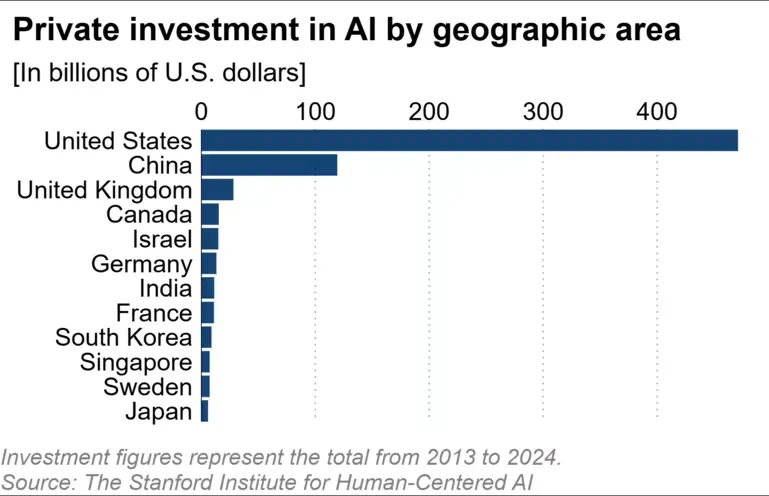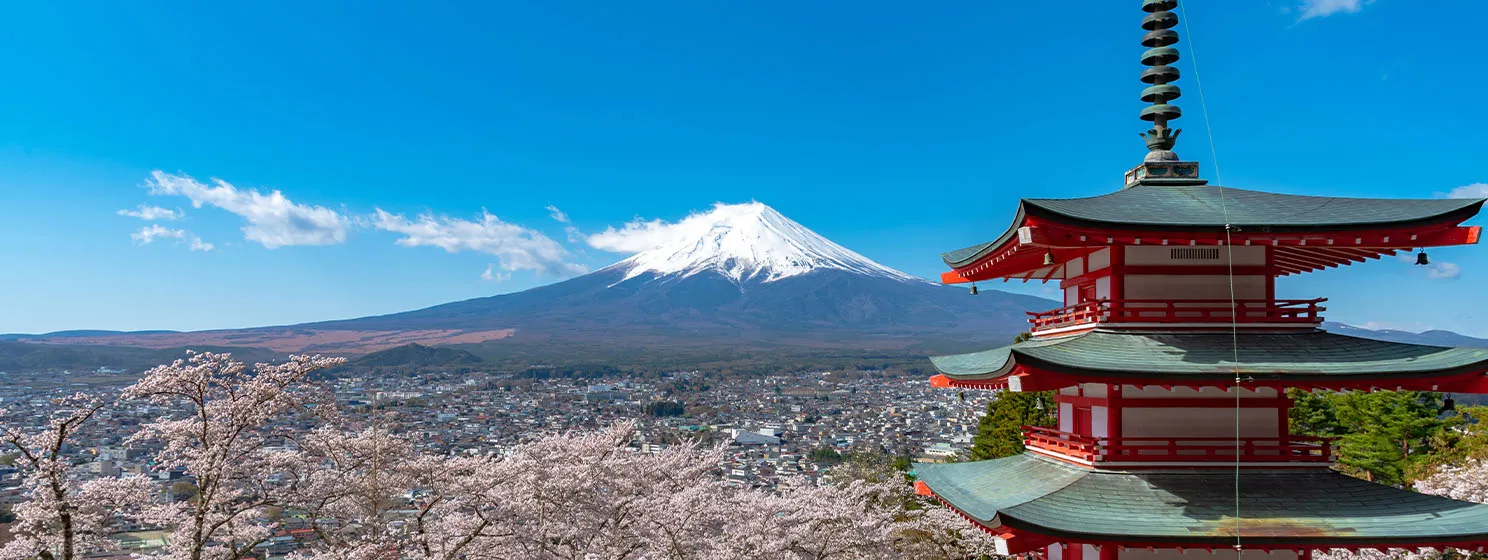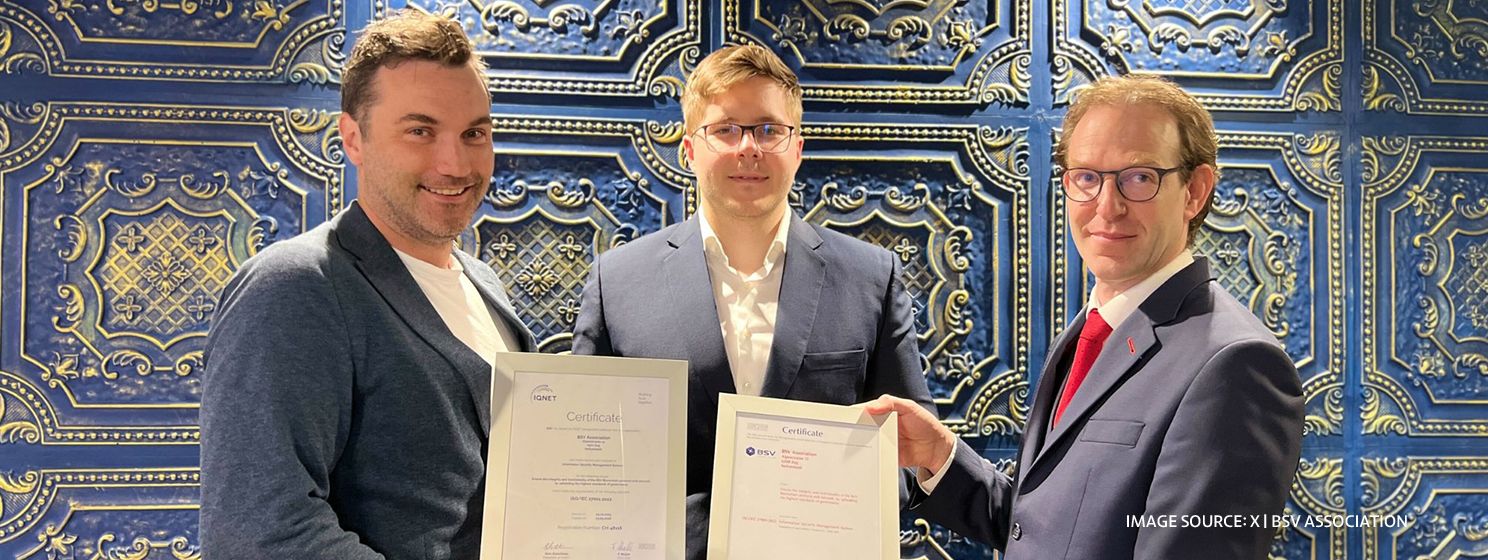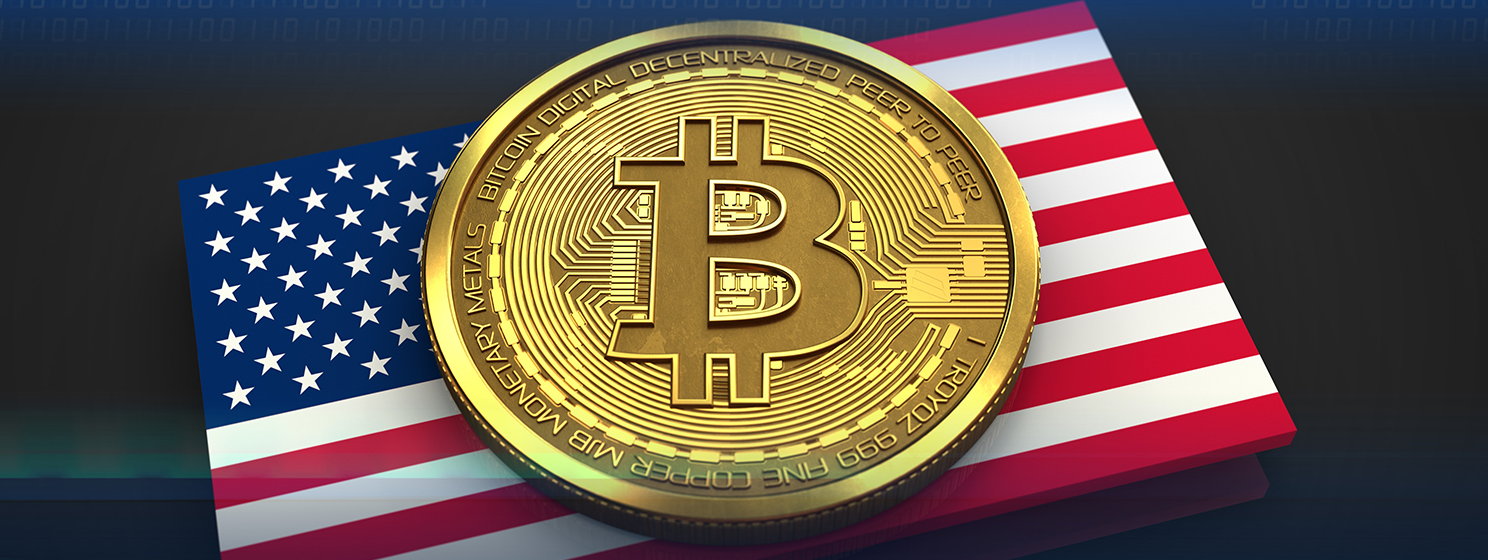|
Getting your Trinity Audio player ready...
|
Japan is edging closer to its first formal regulatory framework for artificial intelligence (AI), but the country is still refraining from any hardline stand as it seeks to become the “most AI-friendly country” in the world.
The bill, drafted by Japan’s Cabinet, was approved by the House of Representatives. It’s expected to sail through the upper house—controlled by the ruling coalition—when it faces the vote.
The bill acknowledges that AI will shape the future of Japan, defining the technology as “the foundation of economic and social development” for the East Asian nation. It calls on the government to champion the development of the technology, including through a new task force led by the prime minister.
Japan has maintained a centrist position with AI regulation, and the latest bill is no exception. It steers clear of imposing any meaningful restrictions or binding demands; rather, it calls on self-regulation and coordination with the central and local governments to protect consumers.
The bill recognizes that AI could be used for crime and other ills, such as copyright infringement. However, it proposes that the government works with violators on remedies, such as through guidance and advice. The government could also decide to disclose the names of the violators publicly. But this is as far as the bill goes.Experts say that the lack of strict guidelines and penalties is a policy choice by the Japanese government. The country has lagged behind other major economies in the AI race, and it fears that taking a stringent stand could further hurt its chances of catching up.
Data from the Stanford Institute for Human-Centered Artificial Intelligence revealed that over the past decade, Japan had recorded less than $6 billion in AI investment, ranking behind smaller economies like Sweden, Singapore, South Korea, and Israel. In contrast, the United States and China had brought in over $590 billion combined.

This makes it critical for Japan to remain neutral and attract more investment from Western and Eastern nations. Lawmakers also hope that the recent sky-high tariffs imposed by the Trump administration will play into Japan’s hands, dissuading investors from China and into alternative Asian economies.
It goes beyond the politics, however. Japan has lagged in the development of AI models, where the U.S. and China dominate. Regulators fear that industry giants, such as OpenAI and Google (NASDAQ: GOOGL), might pull out of the Japanese market if the laws are too strict. It doesn’t help that the U.S. has also refrained from meaningful regulations, allowing these companies to operate largely unchecked.
In order for artificial intelligence (AI) to work right within the law and thrive in the face of growing challenges, it needs to integrate an enterprise blockchain system that ensures data input quality and ownership—allowing it to keep data safe while also guaranteeing the immutability of data. Check out CoinGeek’s coverage on this emerging tech to learn more why Enterprise blockchain will be the backbone of AI.
Watch: Blockchain & AI unlock possibilities

 09-11-2025
09-11-2025 





